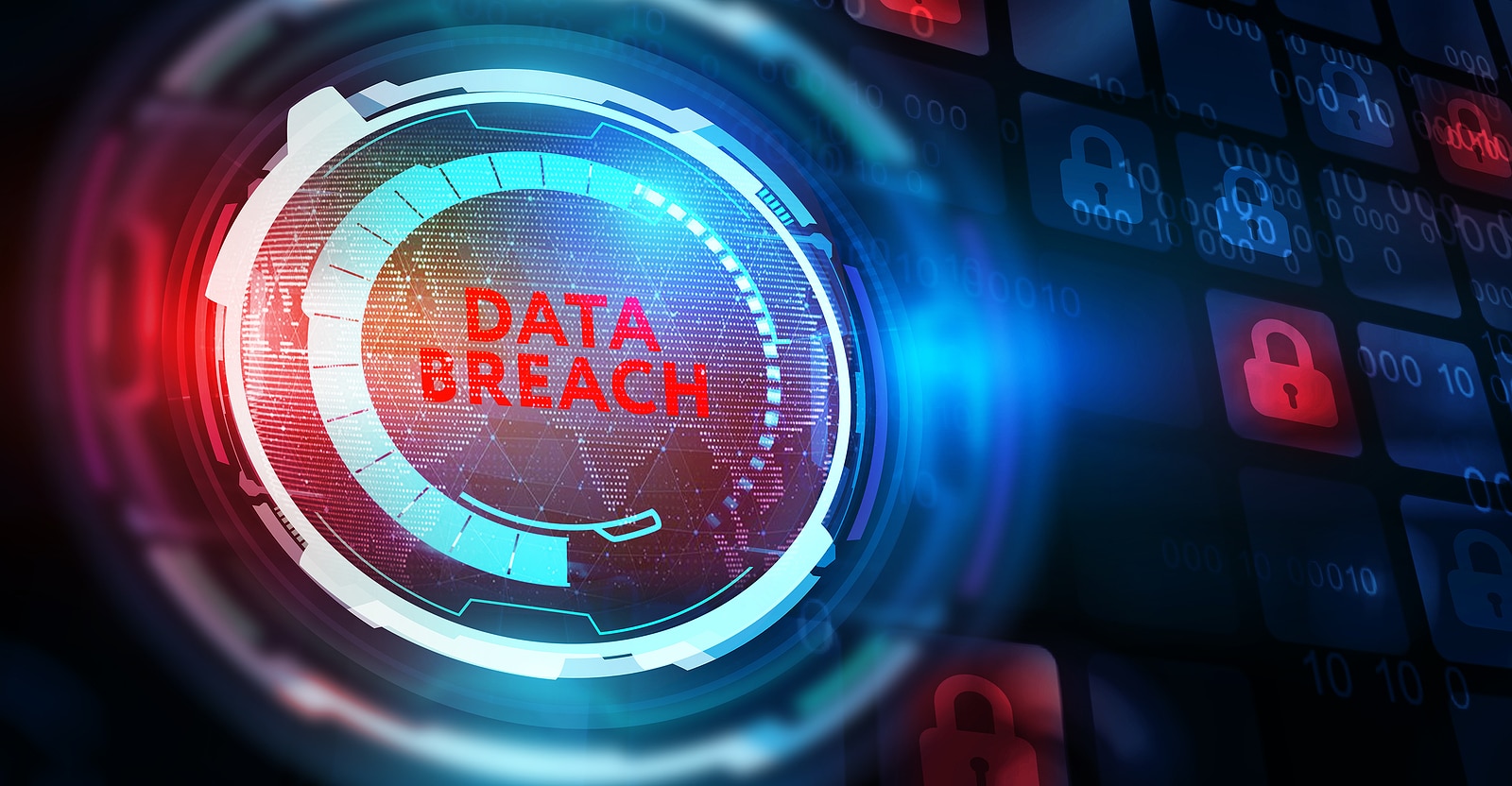Enhancing Cyber Security through Advanced Data Destruction Methods
Enhancing Cyber Security through Advanced Data Destruction Methods
Blog Article
The Value of Effective Data Destruction Practices in Shielding Sensitive Details and Ensuring Computer Security
In an age where data violations are significantly usual, the value of reliable data devastation practices can not be overemphasized. Organizations face substantial dangers when sensitive info is inadequately thrown away, potentially resulting in unauthorized gain access to and severe economic effects. Applying robust information damage methods not only reduces these threats however additionally lines up with lawful compliance needs, ensuring that organizations maintain their credibility and foster client trust fund. The concern stays: what particular methods can be employed to improve these techniques, and how can companies efficiently incorporate them into their total cybersecurity framework?
Recognizing Data Damage
Recognizing information destruction is essential in today's electronic landscape, where delicate information can easily be compromised. Efficient information damage entails not merely guaranteeing yet erasing documents that information is irretrievable through detailed techniques. This process is vital for companies that take care of confidential customer information, copyright, or inner records, as any kind of breach can bring about extreme economic and reputational consequences.
Data devastation encompasses various methods, including shredding physical media, degaussing magnetic storage devices, and utilizing software-based solutions that overwrite data several times. Each technique offers a certain function and should straighten with the sensitivity of the information being thrown away. As an example, physical damage is commonly liked for hard disk drives consisting of very personal information, while software program methods could be enough for less sensitive info.
Moreover, sticking to market requirements and regulations, such as the General Data Protection Guideline (GDPR) or the Medical Insurance Mobility and Responsibility Act (HIPAA), is imperative for compliance and to reduce lawful risks. Organizations has to create a durable data destruction plan, train employees on best techniques, and on a regular basis investigate their procedures to guarantee that all delicate information is thrown away safely and effectively.
Risks of Inadequate Practices
Insufficient information destruction practices expose companies to significant risks that can have far-ranging effects. When delicate info is not appropriately dealt with, it continues to be prone to unapproved accessibility, which can cause information violations and identity theft. Such incidents not just endanger the safety and security of people however likewise tarnish the company's track record, causing a loss of consumer count on and possible monetary effects.
Additionally, regulatory conformity is increasingly stringent in several industries. Failure to stick to information destruction policies can cause significant penalties and lawsuits against organizations. These penalties can stress funds and divert focus from core service operations.
On top of that, the misuse of recurring data can cause intellectual residential property burglary or business espionage, jeopardizing competitive benefits (data destruction). The influence of inadequate data destruction prolongs beyond immediate economic losses; it can also result in long-lasting damages to brand name honesty and market placement

Organizations have to identify that information protection is not solely concerning protecting against violations; it also encompasses the liable management of data throughout its lifecycle. Neglecting efficient information damage procedures can have tragic effects, underscoring the requirement for durable steps to minimize these dangers.
Finest Practices for Data Destruction
Executing effective information destruction practices is essential for securing delicate details and maintaining compliance with regulative criteria. Organizations needs to embrace a multi-faceted approach to make certain that information is irretrievable, thereby preventing unapproved gain access to and potential breaches.
First, data ought to be categorized based upon level of sensitivity, allowing companies to use appropriate Recommended Reading damage methods customized to the degree of danger. For electronic information, making use of software-based data-wiping devices that conform with sector requirements can efficiently overwrite existing information. Physical devastation techniques, such as shredding or degaussing, are important for gadgets that YOURURL.com keep sensitive information, making certain complete elimination.
Establishing a clear data retention plan is essential, outlining for how long different sorts of info should be preserved prior to devastation. Routine audits of data storage space systems are also essential to determine out-of-date or unnecessary information requiring removal.
Additionally, training workers on the significance of information destruction and the details protocols to comply with fosters a society of safety and security within the company. Keeping documents of information devastation refines provides responsibility and supports compliance with exterior regulations and internal policies. By sticking to these best practices, companies can dramatically alleviate the dangers linked with data exposure.
Legal and Compliance Factors To Consider

Failure to adhere to these regulations can result in serious fines, consisting of considerable penalties and reputational damage. Organizations has to execute a durable data destruction plan that straightens with these lawful frameworks and offers clear standards on the correct methods of information disposal, whether physical shredding or electronic cleaning.
In addition, preserving documents of data devastation activities is important for showing conformity during audits or examinations. By prioritizing legal and compliance considerations, companies can enhance their data protection stance and foster depend on with clients and stakeholders, eventually adding to a more protected information administration atmosphere.
Advantages of Effective Data Damage
Efficient data devastation techniques expand past simple conformity; they use considerable benefits to organizations that prioritize them. By making certain that sensitive information is irretrievably damaged, companies mitigate the threat of information breaches and the prospective monetary effects related to them. This proactive approach not just safeguards versus unauthorized accessibility however also improves the general trustworthiness of the company in the eyes of customers and stakeholders.
Applying robust information devastation methods, such as physical devastation of storage tools or sophisticated information cleaning methods, contributes to the fortifying of a company's cybersecurity posture. data destruction. It reduces the likelihood of copyright burglary and safeguards exclusive details, consequently preserving a competitive side in the market

Final Thought
To conclude, reliable data destruction practices are important for securing sensitive info and boosting overall computer safety. By applying comprehensive techniques such as shredding, software application, and degaussing overwriting, companies can mitigate the threats related to unauthorized access and data violations. Adherence to governing standards, including GDPR and HIPAA, more strengthens conformity and safeguards versus legal consequences. Inevitably, a commitment to durable information damage strategies cultivates a culture of responsibility, thereby reinforcing an organization's cybersecurity stance and preserving customer trust.

Report this page